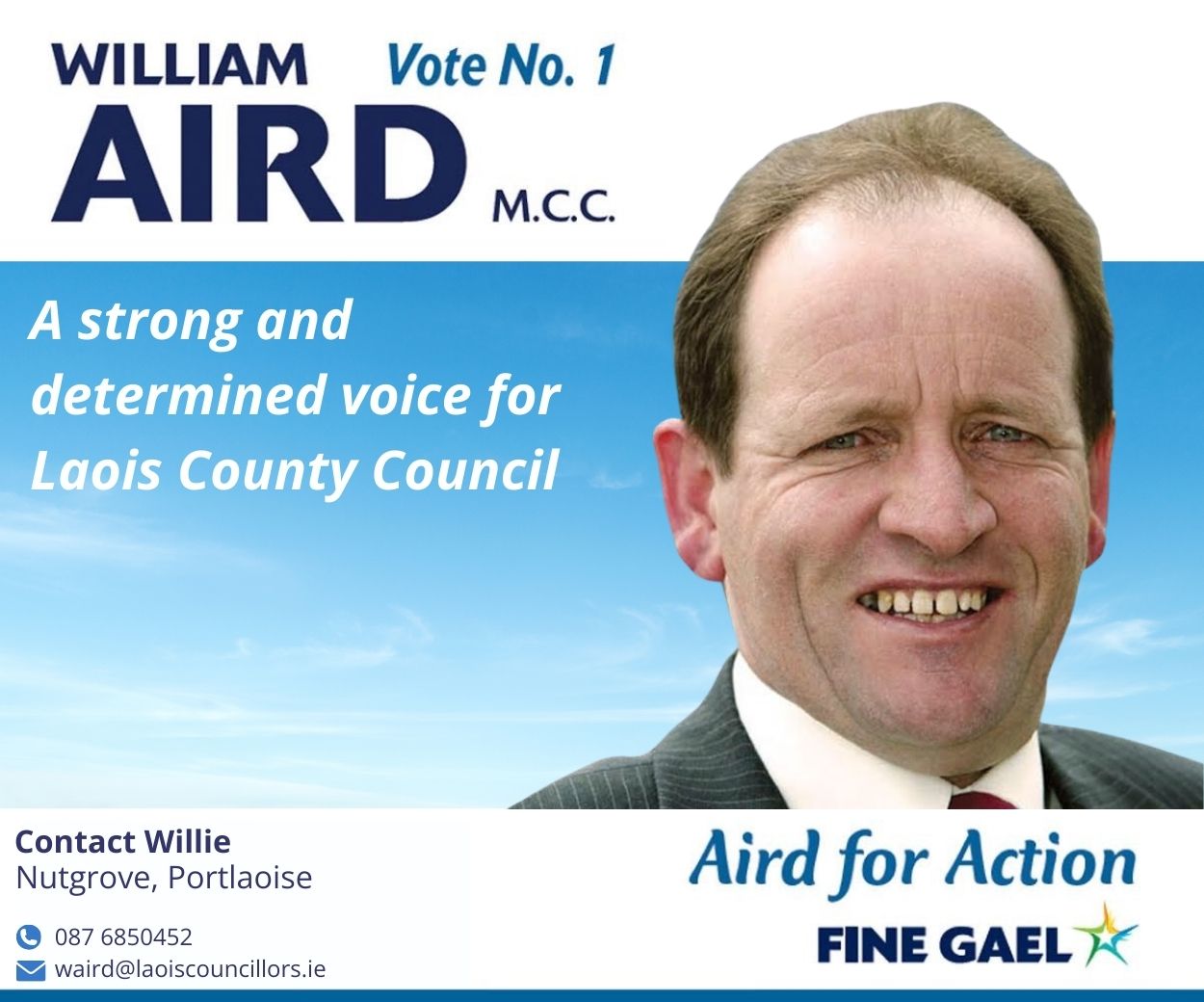Two years of limited socialising, or none at all, left scars. We’re out of practice in the art of being around others.
Navigating inevitable bumps in the roads of friendships isn’t secondary nature anymore.
Psychologists say that two years apart from our friends created new tensions.
We’re quicker to overreact to slights, even unintentional ones. Being left out of social events, even accidentally, makes us feel insecure.
People are lonelier because of lockdown. This increases our vulnerability. Things which only bothered us slightly, or perhaps not at all, in the past, seem worse now.
Psychological studies show less in-person interaction leads to insecurity and overanalysis. A missed text message or an invite which never arrives can explode into a full-blown confrontation.
The fact that social occasions are now less frequent doesn’t help. Before lockdown, a missed coffee date was no big deal, shrugged off with ‘we’ll meet up in another couple of days’.
Now, the next event might be much further away and missing out feels much bigger.
Pressure also plays a part. During lockdown, for many, going to work meant simply getting up and turning the laptop on.
With re-opening, we are faced with commuting again, and all the frustrations involved.
We are also being hit with mass news coverage. Covid was perhaps the first major event for many decades which absolutely dominated life.
Not since World War Two has a news story been so constant and in our faces. Most of us weren’t even alive then.
However, as soon as coronavirus diminished, two new mass events have taken over. First, it was inflation, which still continues, and for the last couple of months, the confrontation between Ukraine and Russia.
For many people, this is too much. It has weighed them down with unbearable stress. This tension then creates relationship problems.
So how do we overcome this? Before deciding whether to address something, question what the friendship really means to you. Is it a relationship worth fighting over? If not, the best course of action might be to walk away.
If your difficulty is with a friend you truly care for, ask yourself whether this is a problem which can be resolved at a later date.
Tackling an issue immediately means the pain is at its rawest. Emotions take over, and something which was fairly minor can become a massive deal very quickly. Giving yourself, and your friend, time to calm down could help.
The flip side is also true. Allowing something to niggle away at you but saying nothing is liable to lead to an explosion at a later date. Trust your instincts on when it feels right to resolve a problem.
Perhaps above all, remember to be kind. Just as you are feeling overstressed, so too may be your friends. Showing understanding is a powerful weapon in relieving tension. Good friends support each other and this works both ways.
SEE ALSO – Andrew McDonald: Chocolate is good for you















